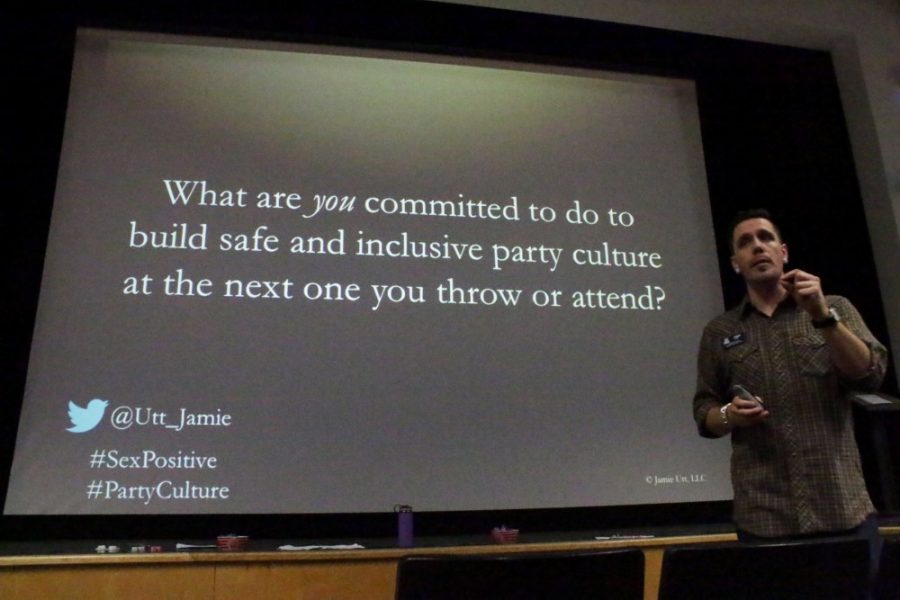College campuses can be terrifying places, especially at night. According to RAIN, college women, ages 18-24, are three times more likely to be victims of sexual violence. With chilling statistics like this, the ability to feel comfortable on campus is a difficult feat.
Traditionally, women are the subject of education on how to protect themselves from situations where they are in harm’s way. And yes, this is extremely important, but it must be paralleled with education on what sexual harassment and assault look like so that we can prevent these instances from happening before they escalate. Knowing how to throw a punch is important, but knowing how to step in as a bystander when they recognize a student is in danger can prevent this type of situation from occurring. Too often bystanders do not step in because they “don’t know what to do,” and this ignorance needs to be addressed.
Bystander intervention can come across in many ways, both big and small. Calling out crude language that paints people as only sexual objects or “locker room talk” is one small way to intervene on campus. This offensive language is too often normalized on college campuses and contributes to the dangerous culture that can lead to sexual assault and harassment. While it may be easier to ignore a catcall or rape joke when you are not on the receiving end, this ignorance is adding to the problems that women face on campus. The uncomfortable confrontation that may occur is nothing compared to the harassment that can occur if this behavior is tolerated.
Along with calling out crude language, bystander intervention can occur by physically stepping in when a situation does not look right to you. If another student is obviously uncomfortable with a situation, do not hesitate to intervene. Your actions to stop the situation from reaching a dangerous point can make a difference. As college students, we must recognize the dangers that are alive in our nightlife and make an effort to address them.
At a school like UA, known for its party culture, it is crucial to be aware of your surroundings and what is occurring around you, especially when alcohol is involved. Drinking to excess is going to occur on campus, this is expected, but many students seem to be unclear on consent, as it can be defined in a party setting. If you are witnessing a situation where you think someone is too drunk to give consent, step in. The definition of too drunk to give consent is hard to define but it can be pretty easy to spot. Planned Parenthood defines consent as “freely given, reversible, informed, enthusiastic and specific” and if alcohol is preventing this from occurring, that is not consent and actions should be taken by any bystanders.
Let’s make campus nightlife safe by knowing how to protect ourselves and watching out for others when out.
Follow Payton Toomey on Twitter

Payton Toomey (she/her) is a sophomore majoring in Journalism and Information Sciences and eSociety. She loves to cook and golf in her free time.









